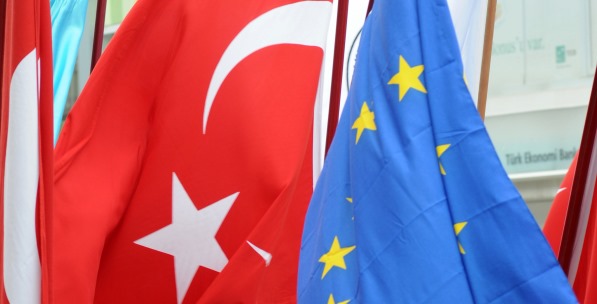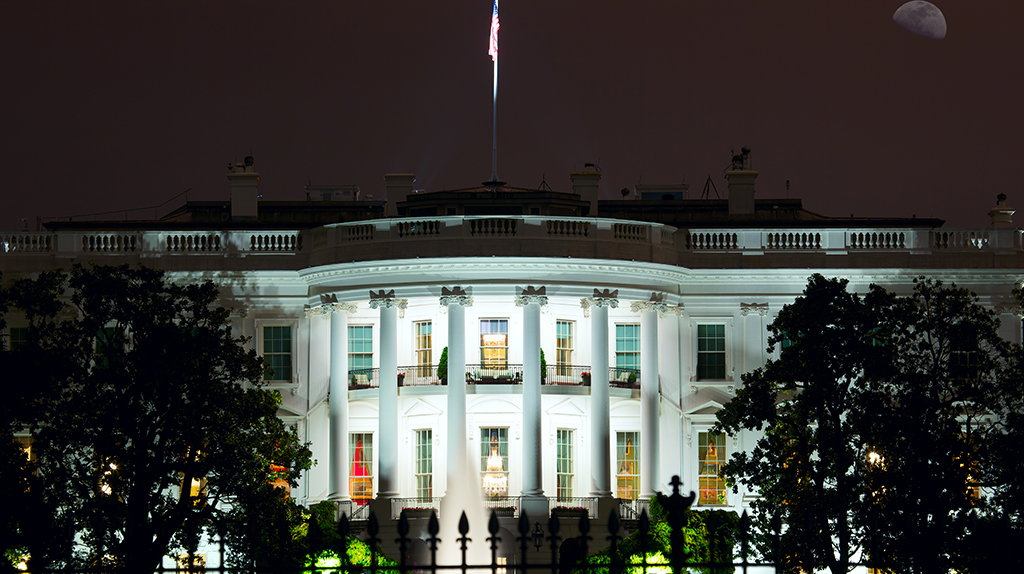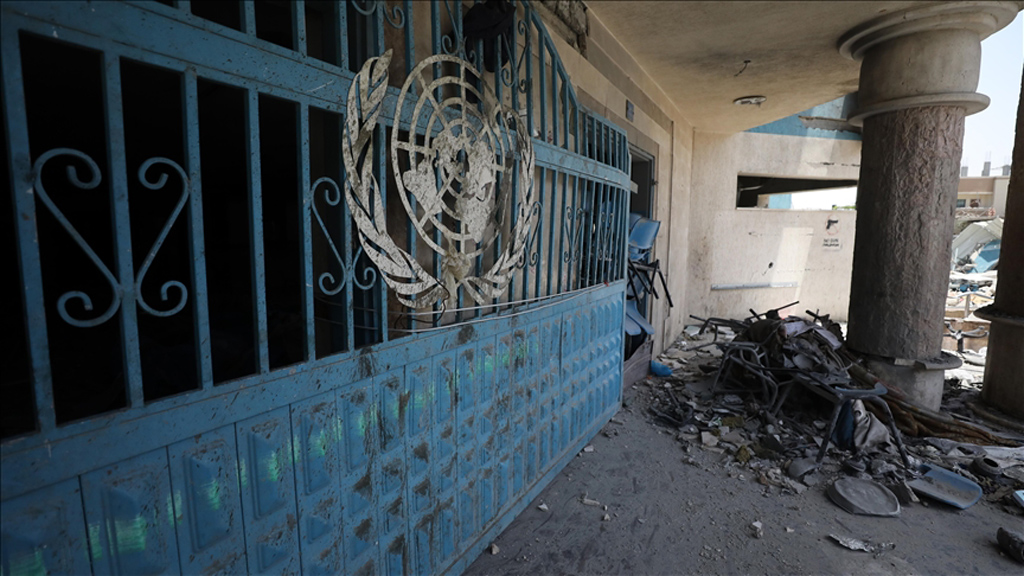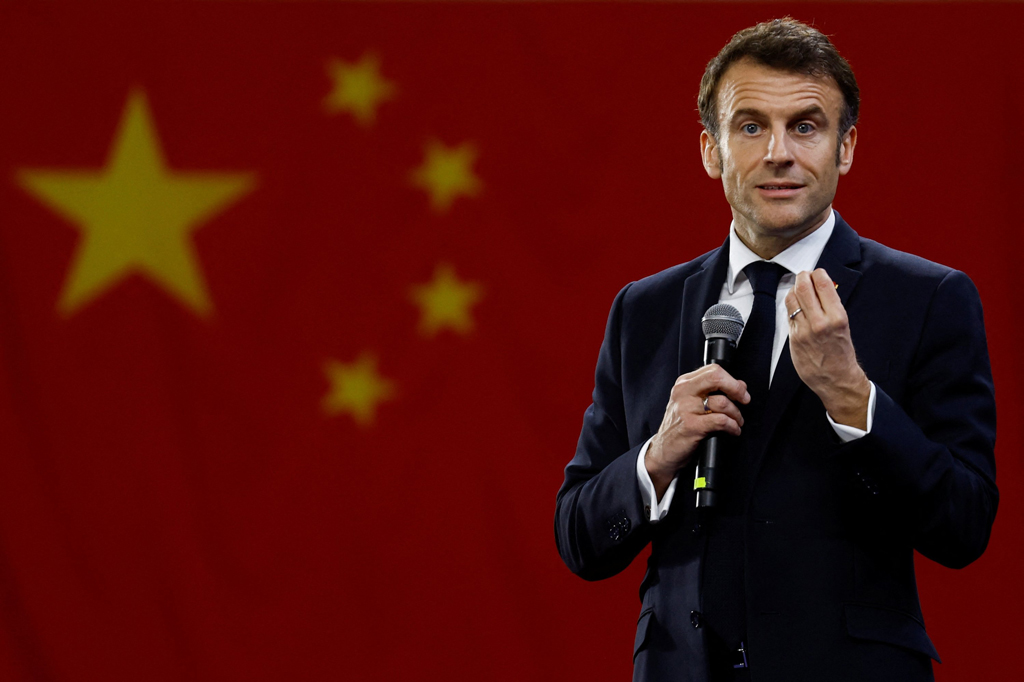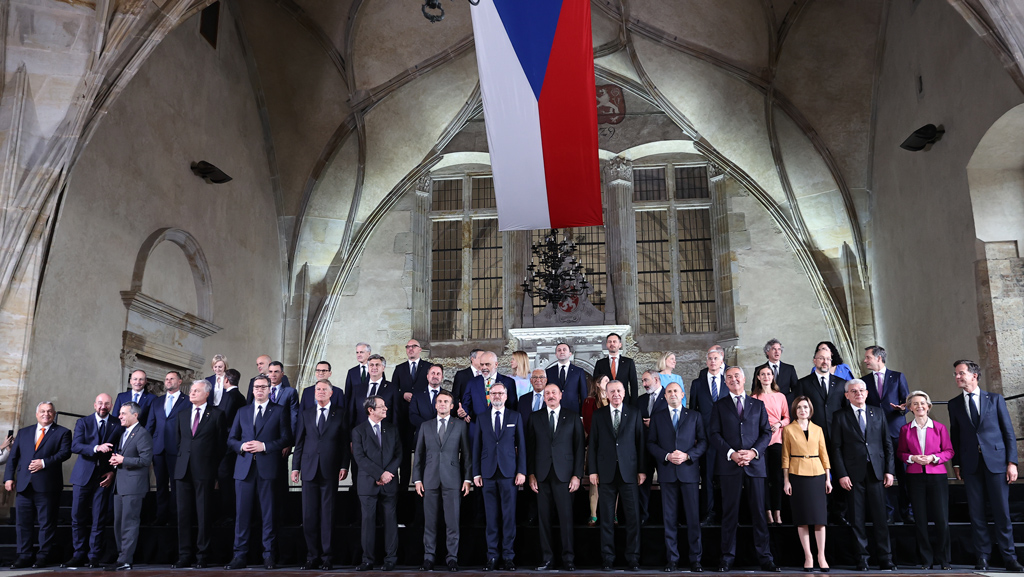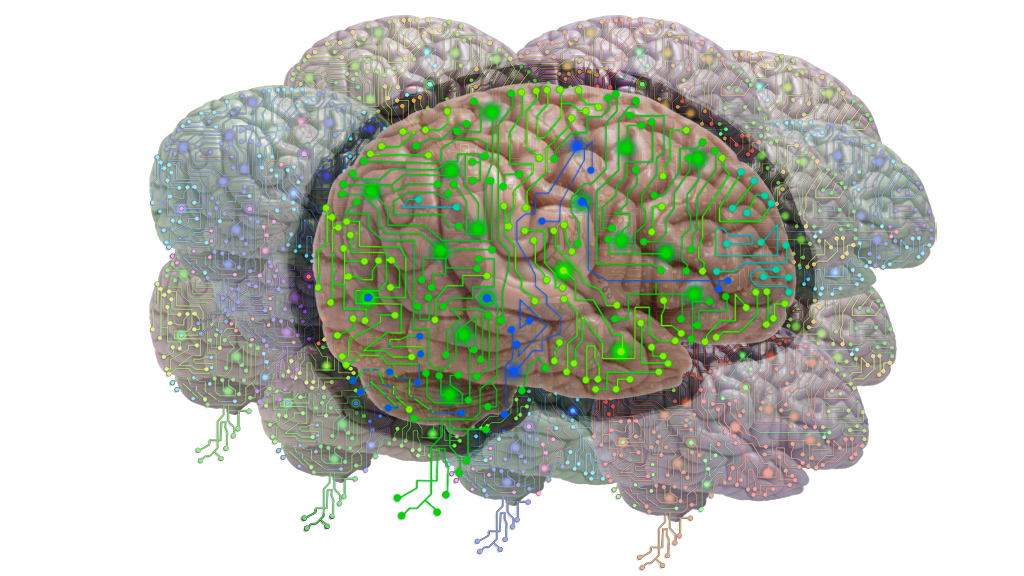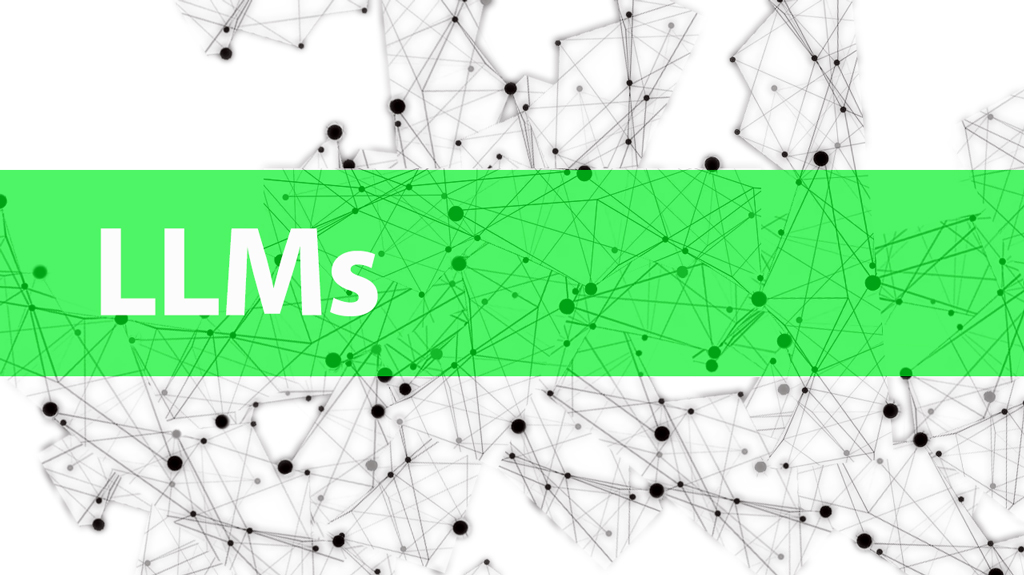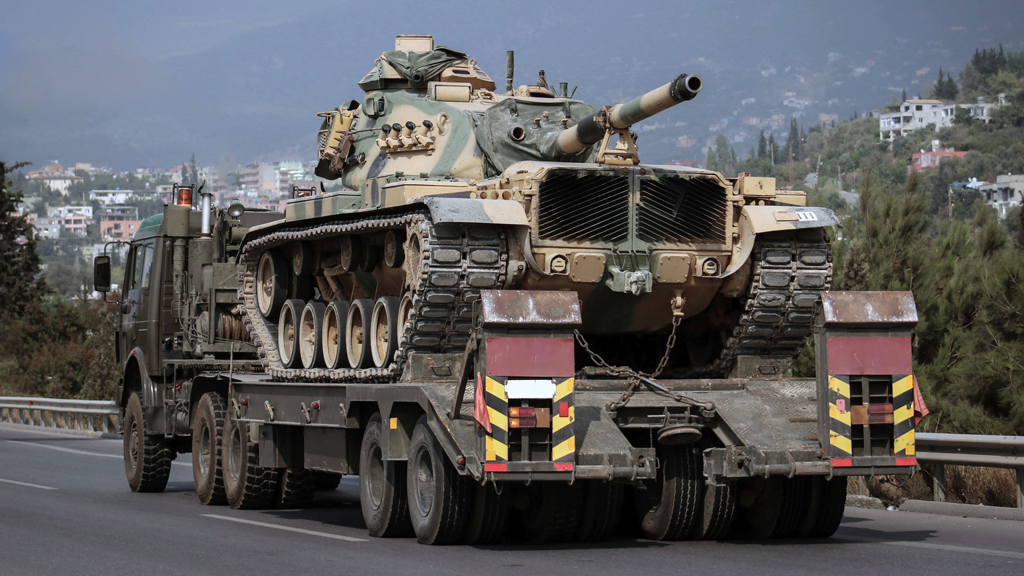While it is necessary to make a multi-level analysis of the EU-Turkey relations, constantly following the accession process and revising the position for a comprehensive understanding of the relations, one of the main factors which prevents us from developing and understanding of relations with the EU is, perhaps, the analysis of this relation based on the assumption that these two actors are static. The EU is going through an identity crisis after it has faced with “the other” for the first time in public sphere while Turkey is experiencing the most significant reckoning and confrontation of its history. Therefore, it should not be ignored that this relation is based on two dynamic actors. It is necessary to conduct a multi-level analysis keeping in mind that the EU itself is composed of different actors rather than considering this relationship as unilateral.
The EU accession process, one of the main arteries of Turkish foreign policy in the last five decades, has acted as a catalyst for reforms adopted for the democratization of Turkey. In addition to that, this process is significant for Turkey to boost its influence in international issues. The mechanisms established by the old Turkey, which considered certain identities and groups at the grassroots as threats, that have become democratic in recent years proved the significance of this accession process in order to achieve international standards for law and human rights. Above all it suspended the military, from political decision-making mechanisms to its fundamental duty and that normalized politics and political institutions. Revolutionary reforms in the public sphere such as opening the Sumela Monastery to worship after 88 years and the Akdamar Church after a century, and granting rights of different religious groups including the return of properties to minority foundations positively contributed to the international prestige of Turkey. Constitutional amendments brought by the September 12 referendum in 2010 paved the way for the resolution of political problems which arose during the unstable periods of Turkey. All of these are crucial for achieving international standards; however, they are not adequate for the continuation of the EU accession process in real politics. This accession process is confined to other issues beyond the EU criteria because political reckoning and identity issues are behind the iceberg.

